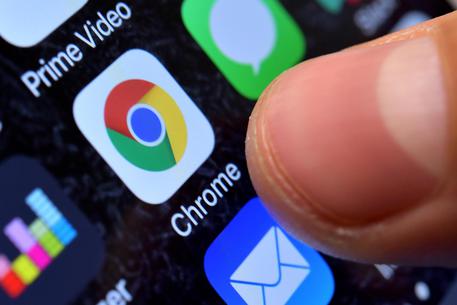Google is facing a $5 billion lawsuit for illegally gathering information of Google Chrome users. Law firm Boies Schiller Flexner from USA filed the complaint on behalf of the people, accusing Google of online tracking users in private Incognito Mode browsing sessions.
As this is a class-action lawsuit, anyone who meets the criteria could be eligible to get a share. Google Chrome’s users who have used the built-in Incognito Mode to browse online since June 1, 2016 could be entitled to a $5,000 payout provided the lawyers are successful,.
The lawsuit claims that Google surreptitiously tracks users through various methods, including Google Analytics, the Google Ad Manager and the Google Sign-In button for websites. “Google receives detailed, personal information such as the user’s IP address, what the user is viewing, what the user last viewed, and details about the user’s hardware. Google takes the data regardless of whether the user actually clicks on a Google-supported advertisement.”
“When an Internet user visits a Webpage or opens an app that uses such services, Google continues to track, collect, and identify their browsing data in real time, in contravention of federal and state laws on wiretapping and in violation of consumers’ rights to privacy” it stated in the complaint.
However, Google said it has been upfront about the data it collected and has denied it is illegal. The search engine company has strongly disputed these claims and said and will defend vigorously against them.
While many internet users assume their search history is not being tracked when they turn on incognito mode on the browser, Google said this is not the case.
“Incognito mode in Chrome gives you the choice to browse the Internet without your activity being saved to your browser or device. As we clearly state each time you open a new incognito tab, websites might be able to collect information about your browsing activity during your session.” said company spokesperson Jose Castenada.
Google tracks user activity on smart home devices, smart cars, smartwatches, Google applications on mobile devices. Tracking may occur through use of Google Voice and Google Fiber. Concerns have been raised over the tracking potential of APIs developed for COVID-19 tracking. When a company’s core mission is to find details about Internet users for commercial gain, privacy is inherently a secondary consideration.
Google has been sued and fined previously for tracking consumers in the pastwith the Federal Trade Commission imposing a $190 million fine for tracking children and $22.5 million for tracking users of the Safari browser.
Fifty state attorneys general launched antitrust investigations against Google last year and the United States government is expected to file suit in summer alleging the company monopolized online ads.
More enforcement entities could move against Google following the filing of the Incognito lawsuit.











